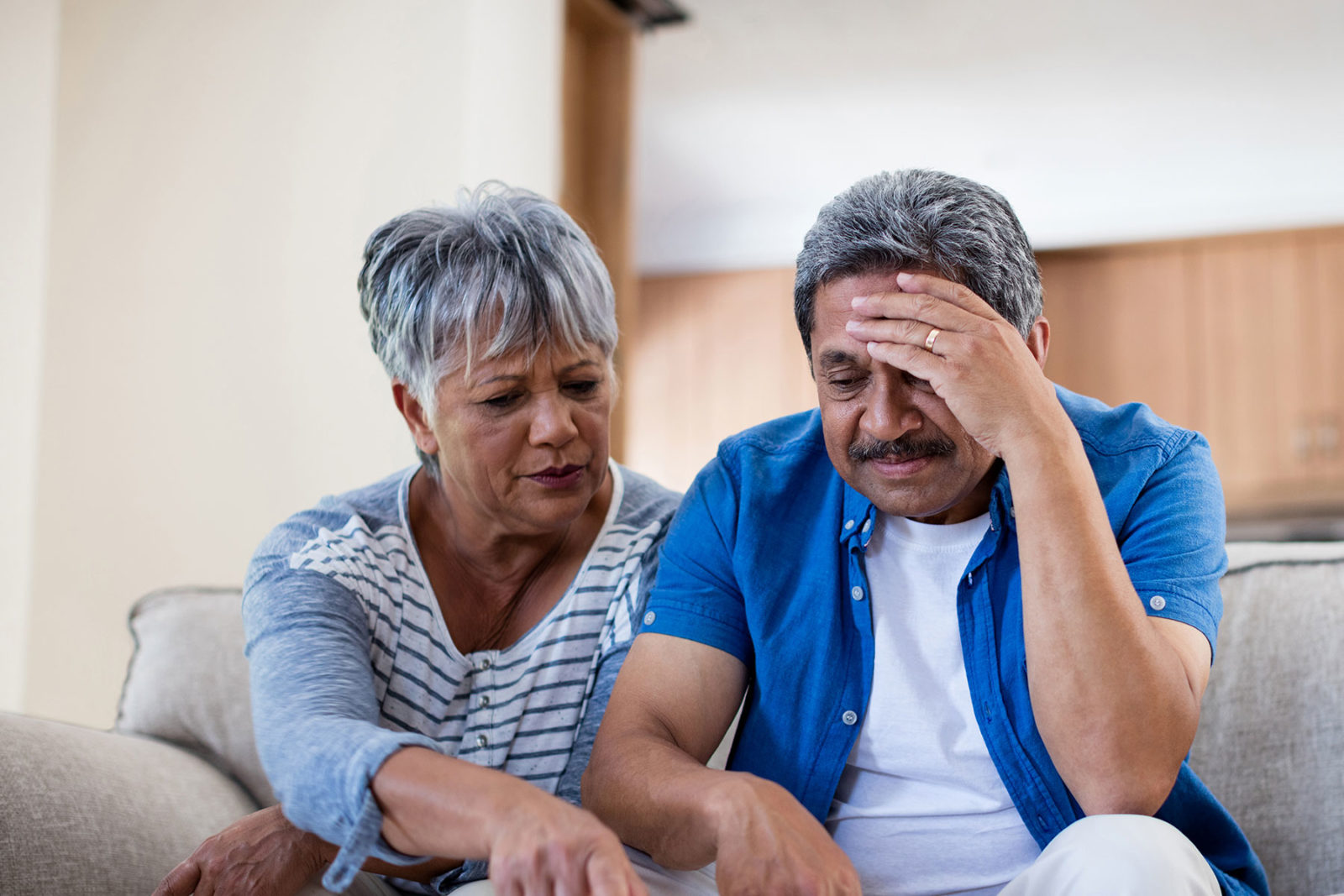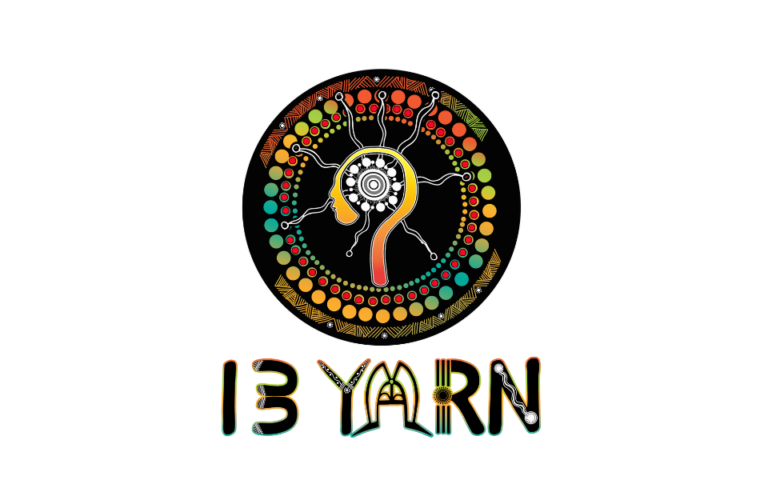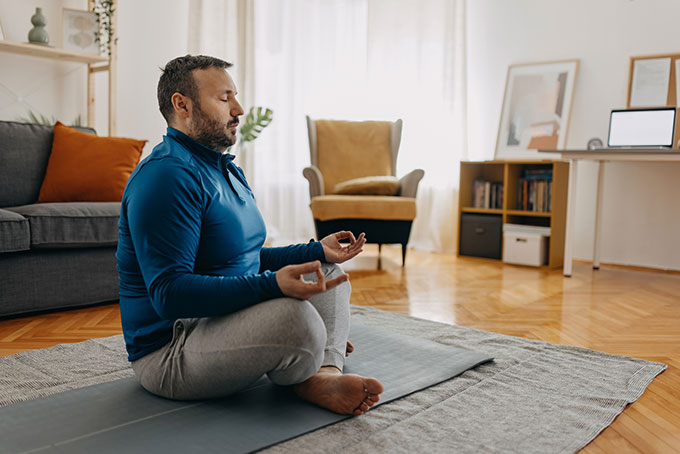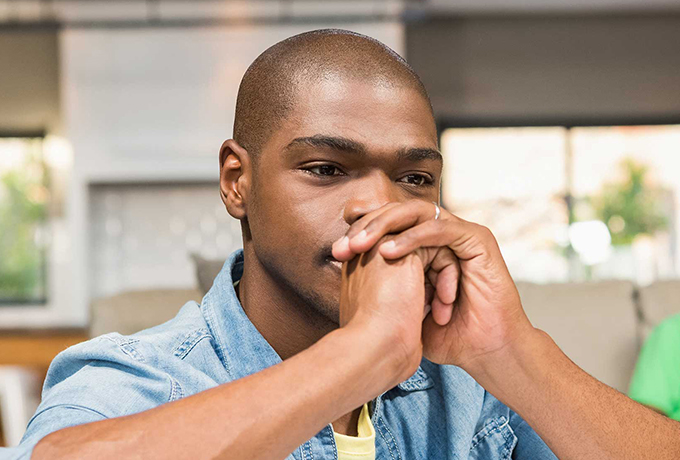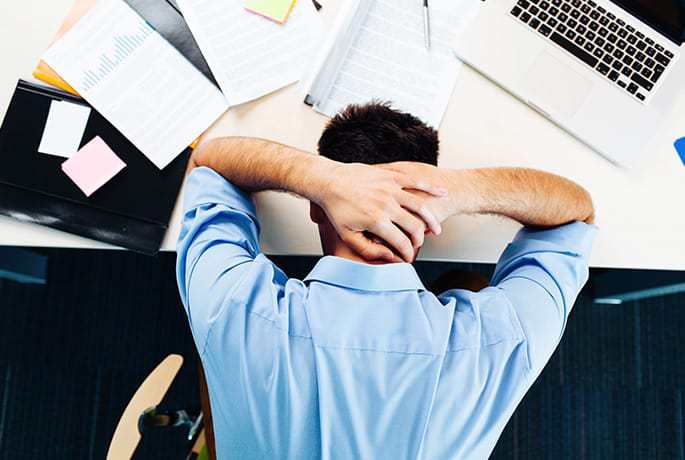When news of large scale tragedies break, the emotional impact can be difficult to deal with.
Constant discussions at work and exposure to ongoing media coverage can make you feel unsafe, anxious, or powerless.
Listed below are six tips to help you or your friends address these feelings so they don’t impact your daily life.
Six tips to help deal with news of a large scale tragedy
1. Limit media exposure
Media coverage of traumatic events can leave you feeling isolated and depressed, and increase symptoms of stress. Try to avoid repetitive coverage, including social media.
2. Look after wellbeing
Stress can present as both physical, and mental symptoms. Daily routines with plenty of exercise and good quality sleep can help. Avoid drugs and alcohol to help cope with any emotional feelings.
3. Discuss the event – but stop when it becomes too much
It can help to discuss your feelings with others. Find people you trust and talk it through, but make sure you are aware of your feelings throughout the conversation. If you feel you are getting into a negative pattern, focusing too much on the event, then let people know you’d like to change the subject and focus on something more positive.
4. Spend time where you feel safe
When feeling anxious and uncertain, visit a familiar place that make you feel safe.This could mean sticking to a routine at work, home or sporting club, until you feel safe elsewhere.
5. Help children understand
It can be hard for adults when a mass disaster or tragedy strikes, but children will need even more help, understanding how to cope. Try to moderate what they see and hear and make sure your discussions are age appropriate. If they ask questions, dispel any misinformation they might have picked up from the school playground or media. Reassure them they are loved and that best efforts are being made, in and outside the home, to keep them safe.
6. Support and help others
Donating to help victims, attending vigil’s, or volunteering with support organisations – helping others, can help you feel active in your community’s recovery and response to the event.
If you’re still finding it difficult, you can speak with a professional. Get in touch with your GP, psychologist or qualified counsellor.
If you need to talk to a counsellor, call Suicide Call Back Service 1300 659 467.
If it is an emergency, dial 000.
